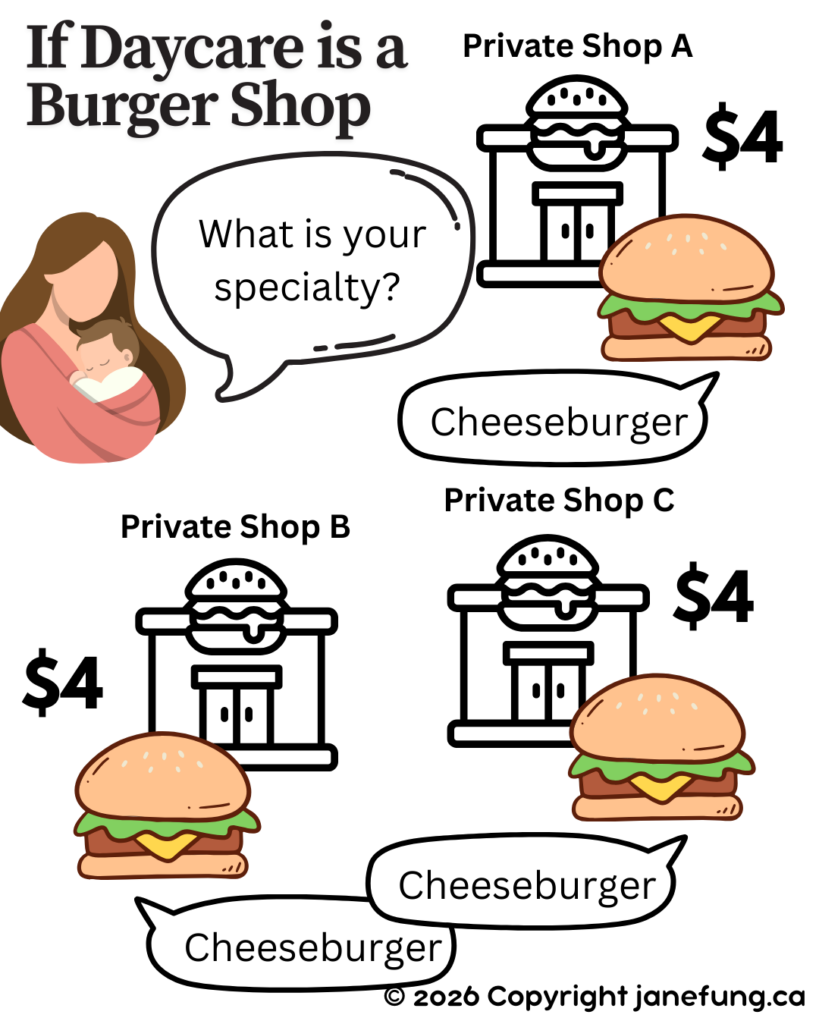This article is relevant to you if you are an investor with rental properties held under a corporation’s name.
What’s the Underused Housing Tax (UHT)?
The Underused Housing Tax Act (UHT) was introduced by the Canadian Federal government to deter foreign buyers from acquiring residential properties and leaving them vacant. This legislation took effect on January 1, 2022, with the Canada Revenue Agency (CRA) recently releasing the necessary filing requirements and forms. It’s essential to clarify that the UHT is distinct from the Toronto Vacant Home Tax.
The UHT applies to a wide range of Canadian property owners, including Canadian-controlled private corporations, partnerships, and trustees who hold residential properties on behalf of joint ventures or corporations in which they have shares. Residential properties subject to the UHT include condos, single-family homes, semi-detached houses, duplexes, triplexes, and commercial properties with over 50% residential usage and no more than three units. However, certain property types and ownership structures are exempt from the UHT.
The legislation provides exemptions based on factors such as the property owner’s type, availability, location, usage of the residential property, and the presence of occupants. It’s crucial to note that, irrespective of whether an exemption applies, a UHT tax return must be filed. Failure to do so can result in penalties, with individuals facing a $5,000 penalty and corporations facing a $10,000 penalty for non-compliance.
You can find more information about UHT on the CRA website: UHT Information.
Investors Owning Residential Property through a Corporation
If you are an investor who owns residential rental property through a corporation, UHT is likely to apply to you if the property is intended for residential purposes and has fewer than 3 units. Even if the property is commercial but includes residential units that occupy 50% of the building, it is still considered for residential purposes.
If you are uncertain about your property’s eligibility, it’s advisable to consult with your accountant. While the CRA may not provide a definitive answer, a general guideline is to file it if you’re unsure, as the penalty for not filing is $5,000 for individuals and $10,000 for corporations. According to a CRA representative, if you file when unnecessary, the CRA will inform you that no filing is required in the future.
Tax returns are due by April 30th each year. For 2022, as this rule was newly introduced, there was an extension until April 30, 2024, to file the tax return for that year. Otherwise, you must complete the UHT tax return before April 30 for the previous year. Importantly, you must file the tax return even if you don’t need to pay tax, as it serves to declare your exemption.
Creating an RU Account
To file for a corporation, you need to apply for a UHT account, which is similar to the Payroll and HST account with the CRA. The UHT account is identified by the letter RU, so the account number will be your Business Number plus RU0001.
To obtain the RU number, you must apply through Business Registration Online. Watch this 5-minute video to learn how to create an RU Account for your corporation.
Once you have the RU account, follow the steps outlined on the CRA website to complete the tax return, which involves downloading the UHT tax return PDF and filling it out. You will require your Property Tax ID (PIN) and the Property Tax Assessment Roll Number for this form. The remaining steps are relatively straightforward.
The deadline for the 2022 return is October 31, 2023. After that, remember to file this return for each affected property annually before April 30.








